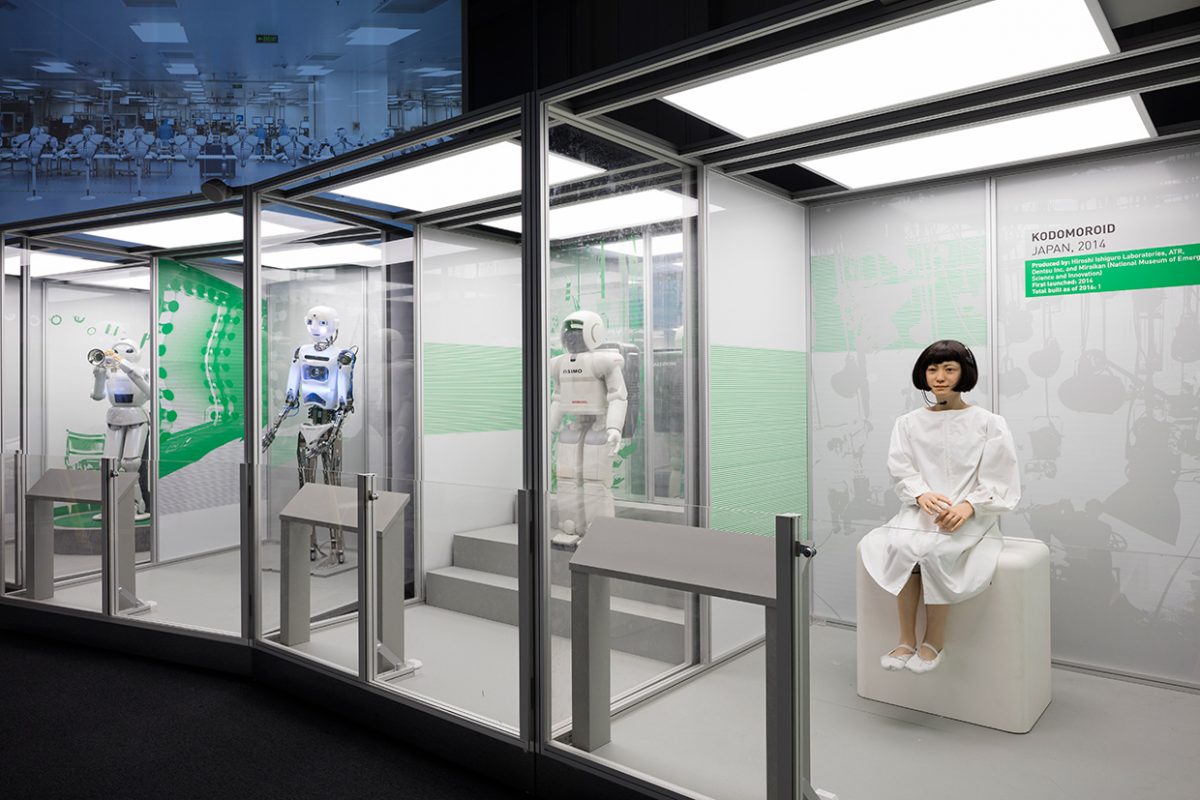The new robot exhibition at London's Science Museum offers several videos on this motivating subject which can lead to work on science and technology, but also on human anatomy, modals and comparisons.
The exhibition trailer doesn’t have any voiceover, just onscreen text. It points out that by looking at robots we question what it is to be human. Quite a deep question for B1-level pupils and above. But from A1, it can be used to practise descriptions, body parts and modals.
This video is relatively simple – the curator Ben Russell introduces seven “must-see” robots from the exhibition. It’s a fabulous exercise for enriching pupils’ stock of adjectives since he needs to find a different reason for choosing each one. And of course many of them are in the superlative. Perfect for A2.
500 Years of Robots
This video can be used from B1 and is a good training exercise for pupils to listen out for key words. Certain detailed explanations are too difficult for them to catch at this stage, but they should use all the clues at their disposal to construct meaning. They should be able to understand that the first robots (mechanical people, automatons) were used for Bible scenes in churches, and then as curiosities for rich people. They may struggle to understand that the Lathe was able to produce a miniature "wood turning” (piece of sculpted wood) but should be able to give examples of other things these machines could do (write, play musical instruments).
Just before two minutes, there is a transition to the modern era (industrial revolution, 1920s), and making robots that not only mimic the human body, but the human mind. A connection could be made with the 4ème history curriculum Thème 2 : L'Europe et le monde au XIXe siècle : L'Europe de la «révolution industrielle».
Around 3’42”, there is a list of tasks carried out by robots, and reasons (jobs that are dull, dumb, dirty or dangerous, making cars, clearing landmines).
Copyright(s) :
© Plastiques Photography, courtesy of the Science Museum
Tag(s) : "EPI" "exhibition" "Give Me Five 4e" "history" "industrial revolution" "L'idée de progrès" "robot" "science" "technology"





